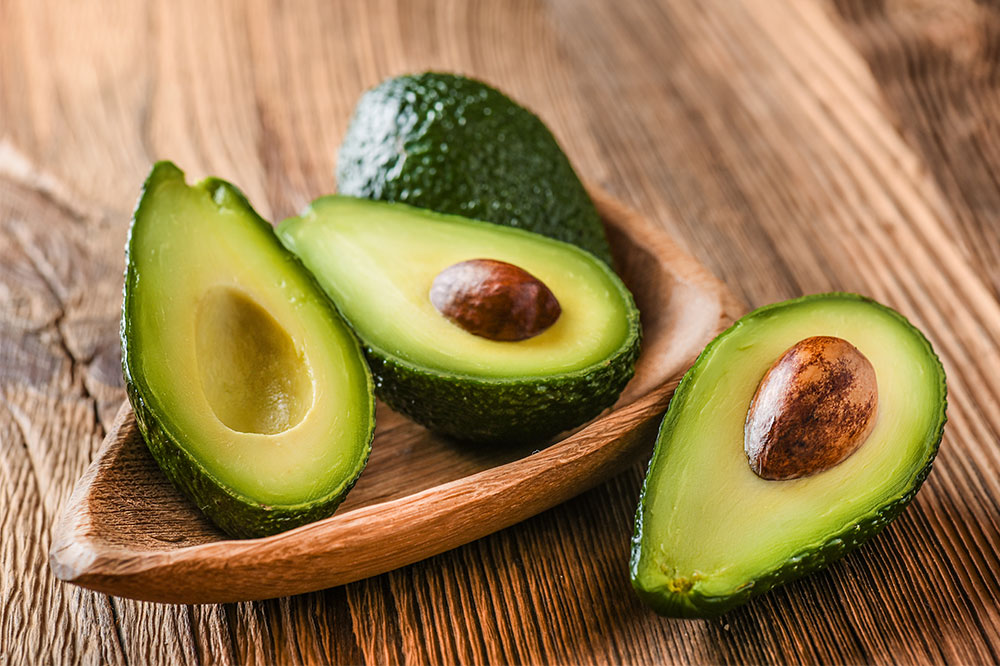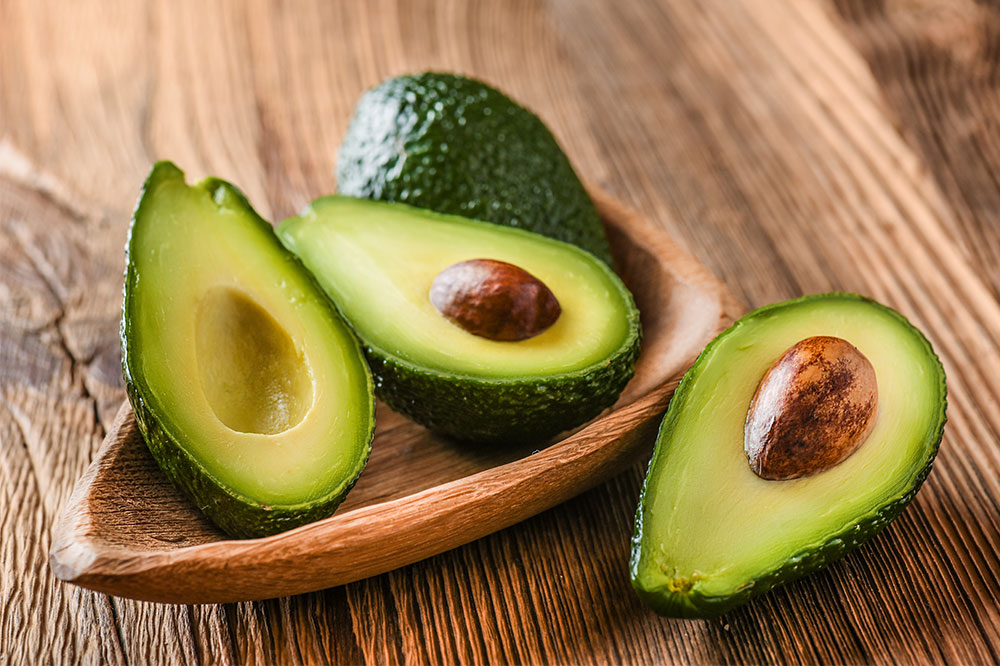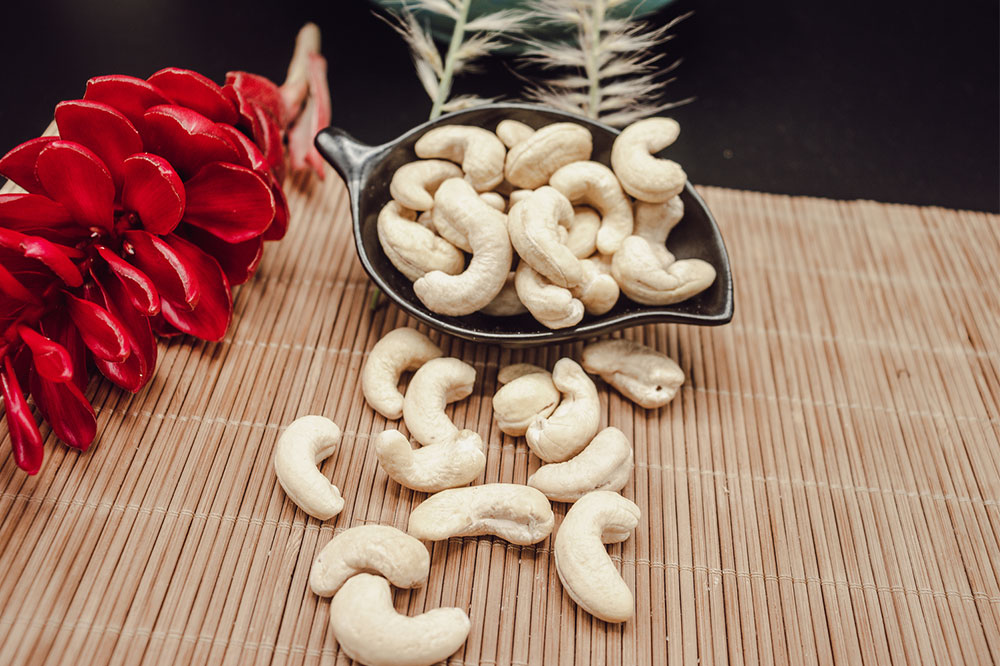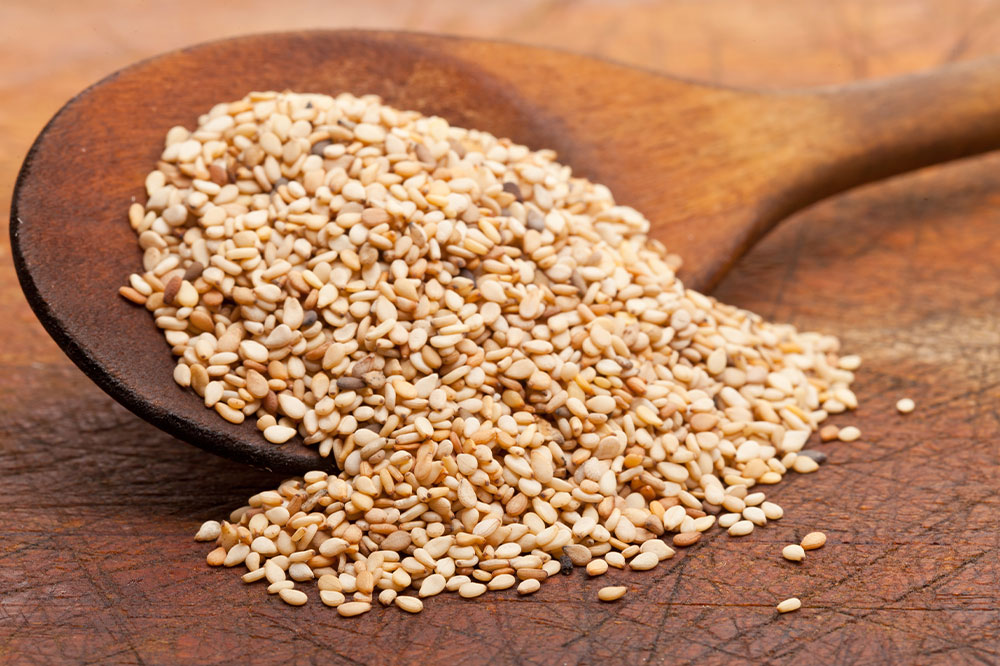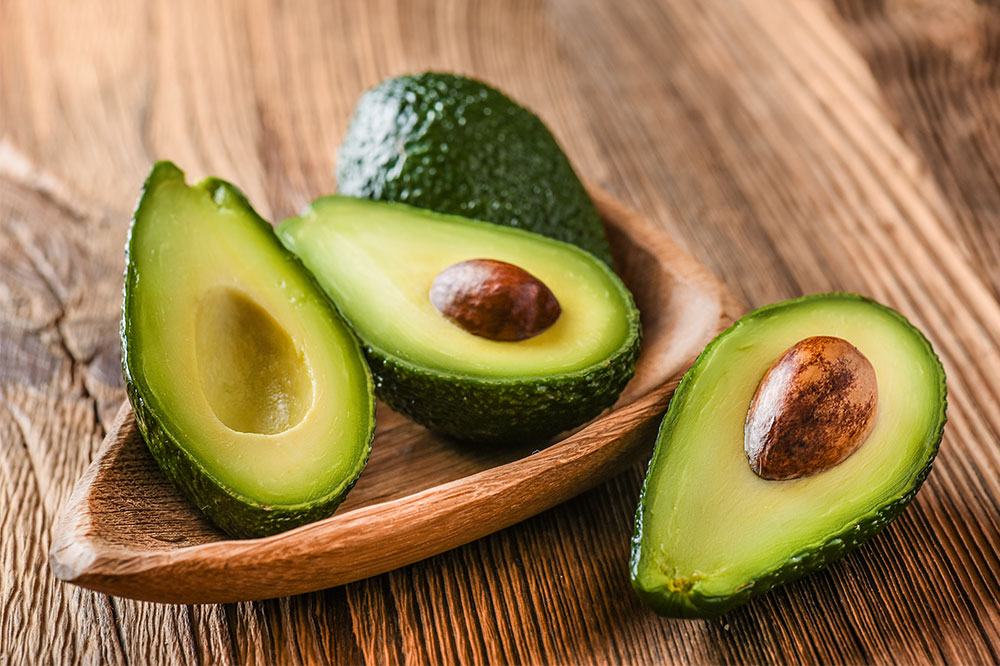Essential Nutrient-Powered Foods to Boost Your Heart Health and Prevent Cardiovascular Diseases
Discover the best nutrient-rich foods that promote heart health and prevent cardiovascular diseases. This comprehensive guide highlights foods like fatty fish, fruits, vegetables, and legumes that support a healthy heart through essential nutrients and antioxidants. Combining these dietary choices with lifestyle modifications can significantly reduce your risk of stroke and heart attack, ensuring long-term cardiovascular wellness. Learn how to incorporate these powerful foods into your daily routine for a stronger, healthier heart and improved overall wellbeing.

Essential Nutrient-Powered Foods to Boost Your Heart Health and Prevent Cardiovascular Diseases
Maintaining optimal heart health is fundamental to living a long, active, and disease-free life. Your heart works tirelessly, pumping blood and nutrients throughout your body, ensuring every cell functions properly. Despite its importance, many individuals tend to overlook the significance of a diet that promotes heart wellness. Unhealthy eating habits, coupled with sedentary lifestyles, often lead to the development of cardiovascular diseases, which remain among the leading causes of death worldwide. The good news is, with an informed approach to nutrition, lifestyle modifications, and proactive health choices, you can significantly reduce your risk of heart-related complications. This comprehensive guide explores the most effective, nutrient-rich foods that bolster cardiovascular health, helping you take control of your well-being and live a heart-healthy life.
The Critical Connection Between Diet and Heart Health
Understanding how your diet influences your heart is essential. The relationship is direct and powerful. Consuming foods high in unhealthy fats, excess salt, refined sugars, and processed ingredients can cause arterial blockages, elevate bad cholesterol levels, and promote inflammation—all leading to a higher risk of heart disease and stroke. Conversely, focusing on nutrient-dense foods rich in healthy fats, fiber, antioxidants, and essential vitamins can support healthy blood pressure, improve lipid profiles, and reduce risks associated with cardiovascular conditions. Lifestyle factors such as regular physical activity, avoiding tobacco and excessive alcohol consumption, stress management, and adequate sleep further amplify the benefits of a nutritious diet. Below is an in-depth look at the top foods that can effectively promote heart health and help prevent cardiovascular issues.
What you eat daily profoundly impacts your cardiovascular system. Diets heavy in processed, fried, salty, and sugary foods can lead to a buildup of plaque in arteries, elevated cholesterol levels, hypertension, and systemic inflammation—all factors that elevate heart disease risk. To counteract these adverse effects, it's crucial to adopt a heart-healthy eating pattern characterized by natural, whole foods that provide essential nutrients. Small yet consistent lifestyle changes—such as incorporating nutritious foods, engaging in regular exercise, refraining from smoking, limiting alcohol consumption, and stress reduction—can create a substantial positive impact on your heart’s health. Here are some of the most beneficial foods to include in your daily diet for a healthier, stronger heart.
Fatty Fish: Rich in Heart-Healthy Omega-3s
Fatty fish such as salmon, mackerel, sardines, and trout are among nature’s richest sources of omega-3 fatty acids. These essential fats are crucial for reducing inflammation throughout the body, particularly within arterial walls. Regular consumption of omega-3-rich fish has been shown to lower triglyceride levels, decrease the risk of arrhythmias, and prevent blood clots, thereby reducing the chance of heart attacks and strokes. Unlike red meats or processed meats, fish provides a lean source of high-quality protein that’s easier to digest and offers vital nutrients including vitamin D and selenium. Incorporate fish into your meals at least twice a week for optimal heart benefits.
Fruits: Powerhouses of Dietary Fiber and Antioxidants
Fruits are an indispensable part of a heart-healthy diet. They are naturally rich in dietary fiber, vitamins, minerals, and antioxidants, all of which play a significant role in maintaining cardiovascular health. Berries, oranges, apples, grapes, and melons are particularly effective in lowering bad LDL cholesterol levels and reducing oxidative stress. The fiber in fruits helps remove excess cholesterol from the bloodstream, preventing plaque formation in arteries. Moreover, antioxidants like vitamin C and flavonoids combat free radicals, reducing inflammation that can damage blood vessels. Diffusing inflammation and stabilizing blood pressure are additional benefits of a fruit-rich diet. Strive to include at least two servings of fresh fruit daily to nourish your body and support your heart’s well-being.
Vegetables: A Crucial Source of Nutrients and Fiber
Vegetables are foundational to any health-conscious diet aimed at cardiovascular protection. They contain a vast array of vital nutrients including dietary fiber, potassium, magnesium, vitamins A, C, and K, and phytonutrients with anti-inflammatory properties. Consistent vegetable intake helps regulate blood pressure levels and cholesterol, supports healthy blood vessel function, and reduces systemic inflammation. Dark leafy greens such as spinach, kale, and collards are especially beneficial due to their high levels of nitrates, which improve blood flow and reduce blood pressure. Colorful vegetables like peppers, carrots, beets, and tomatoes add variety and maximize nutrient intake. Incorporate a rainbow of vegetables into your daily meals to boost heart health and overall vitality.
Legumes: Source of Plant-Based Protein and Fiber
Legumes—including black beans, kidney beans, chickpeas, lentils, and peas—are nutrient-dense foods packed with dietary fiber, plant-based protein, vitamins, and minerals. They are naturally low in saturated fats, making them ideal for a heart-healthy diet. The high fiber content in legumes helps improve cholesterol levels by decreasing LDL cholesterol and increasing HDL (“good”) cholesterol. Moreover, legumes provide sustained energy release, helping to maintain stable blood sugar levels, which is beneficial for preventing diabetes—a significant risk factor for heart disease. Easy to prepare and versatile, legumes can be added to salads, soups, stews, or baked dishes to meet daily nutritional needs, supporting cardiovascular health at every meal.
In conclusion, adopting a diet rich in these nutrient-dense foods, coupled with healthy lifestyle habits, can dramatically improve your heart health and reduce the risk of cardiovascular diseases. Making informed dietary choices today paves the way for a healthier, longer life. Prioritize your heart—start integrating these foods into your meals now for a stronger, healthier future.

